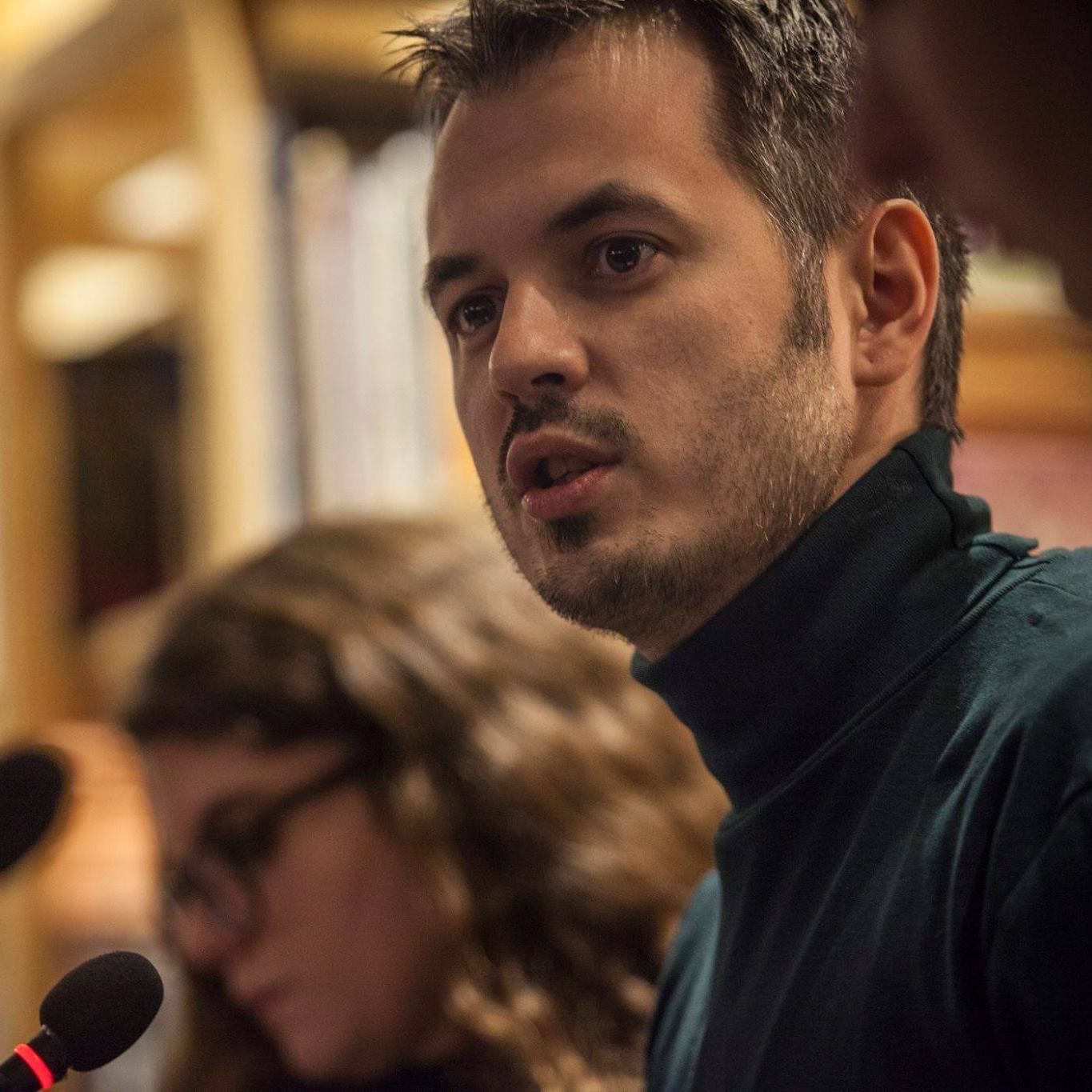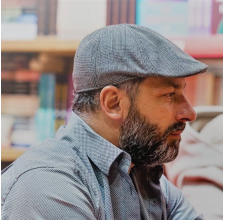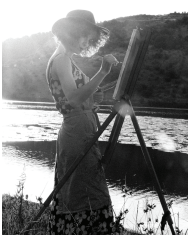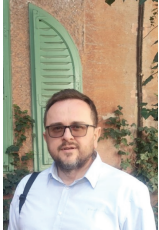Agon Maliqi is a policy analyst, civil society activist and media writer from Prishtina, Kosovo. He is the creator and co-founding editor of http://sbunker.net, an Albanian language opinions and analysis blog which gathers a younger generation of academics, think tankers and civil society activists. Mr. Maliqi’s main interests include regional and international affairs, the state of human rights and democracy in the Balkans and socio-economic development in Kosovo. Professionally, Mr. Maliqi has during the past ten years worked mostly as a consultant on these issues with a range of international organisations. Mr. Maliqi was just recently in Washington D.C as a Reagan-Fascell Democracy Fellow at the National Endowment for Democracy (NED). He graduated in Political Science and European Studies from the American University in Bulgaria in 2006, and obtained a Master’s Degree in International Development Policy from Duke University (USA) in 2012.
Some things are common knowledge if you’re familiar with the Balkans.
For example, you may know what the name B92 stands for.
This Serbian media house —a pillar of resistance against Slobodan Milosevic’s regime in the 1990s —was widely known for decades as a champion of liberal values and media standards.
So it might strike some as surprising to hear that, nowadays, under new ownership, B92 regularly republishes content from Russian state-owned propaganda outlet Sputnik.
Another Balkan truism is that Kosovo — my native country and a nascent democracy — is the most pro-American and most reliant on U.S support.
But many might not be aware that last year, a chain of Kosovo institutions colluded in breaching 31 legal procedures, allowing Turkey to effectively kidnap six Turkish citizens (alleged “Gulenists”) residing legally in Kosovo.
Are these isolated instances of malign foreign influence in Balkan democracies? Or are they a regional chapter in the broader global story of democratic decline?
Much has been written about the global backlash against liberal democracy —the system that emphasizes civil rights, free media, and independent institutions.
In Europe, the main focus of concern has been on Hungary and Poland, two EU countries where things surprisingly went from good to bad.
But the Western Balkans, a group of six countries seeking to join the EU—Serbia, Bosnia and Herzegovina, Albania, North Macedonia, Kosovo, and Montenegro— has been largely overlooked.
Here, things have started going from bad to worse.
Balkan countries have, for many years, been middle performers in terms of democracy. Better than the autocracies to their east, like Russia and Turkey, but worse than Eastern Europe’s new EU members like Estonia or Slovakia.
Now we are stuck in an illiberal equilibrium. Strongmen keep winning elections by delivering at least something important, but run captured states that limit choice. Control over media and ties to oligarchs make incumbents invincible.
Serbia under Aleksandar Vucic has become a one-man echo chamber and dropped to “Partly Free” in Freedom House rankings in 2018. Kosovo has a plurality of actors, but is suffocating under the informal power of its former war commanders. Bosnia’s sub-entity Republika Srpska has turned into a Putinist satellite under Milorad Dodik.
Mainstream opposition parties contribute to the status quo. They’re unappealing because of past baggage or, as in Montenegro, for being Putin’s proxies. Having largely undemocratic structures, they limit the space for new actors and ideas.
The illiberal equilibrium also feeds on the region’s nexus of security concerns.
Almost all countries in the region have bilateral or internal ethnic disputes, which enable strongmen to play nationalist cards and create fertile grounds for Russian disruption efforts. Meanwhile, strongmen get a free pass from the West on democratic standards, so long as they keep the peace.
What’s happening around the world isn’t helping either.
Regional progress relied on the enabling environment of the post-Cold War era. EU accession offered an anchor for reforms and a vision for the future. The U.S provided similar soft power appeal, plus a security guarantee.
But with the West now looking inward and no longer leading by example — and with China and Russia richer and more assertive — the enabling environment for democrats is gone.
The EU crisis has effectively killed its expansion prospects. The EU has especially shunned Albania and Bosnia and Herzegovina, and isolated Kosovo – the countries with the largest Muslim populations.
The loss of an external impetus for reforms is worrisome due to fragile domestic support for liberal democracy. Serbia for example has the lowest rate of public support for democracy in Europe.
Many in the West are rightfully worried about the erosion of democratic norms at home. But the institutional pushback shows that the West can at least draw on the reserve capital of its democratic traditions.
The lack of this democratic capital in Eastern Europe makes the decline feel much more consequential. Liberal traditions haven’t stuck here long enough for something like the Mueller investigation to be imaginable.
The West has invested a lot to strengthen Balkan democracies. It has clear strategic interests in not taking the eye off the ball now.
In the age of great power competition, authoritarian powers like China and Russia are making a value-based challenge similar to the one in the Cold War, seeking to prove that there are alternative models to liberal democracy. Balkan states are prime targets to become European examples.
The Balkans also remain vulnerable to the reemergence of ethnic conflicts that would destabilize Europe. Authoritarian regimes are more likely to take things that way and shift allegiances to malign regimes.
Of course, Balkan liberals must lead the way in addressing popular disillusionment with democracy. But the West’s supportive role today is as important as it was in the post-Communist era.
Without it, as the story of B92 warns, the optimistic view of the Balkans as an example of democracy building may cease to exist entirely.







